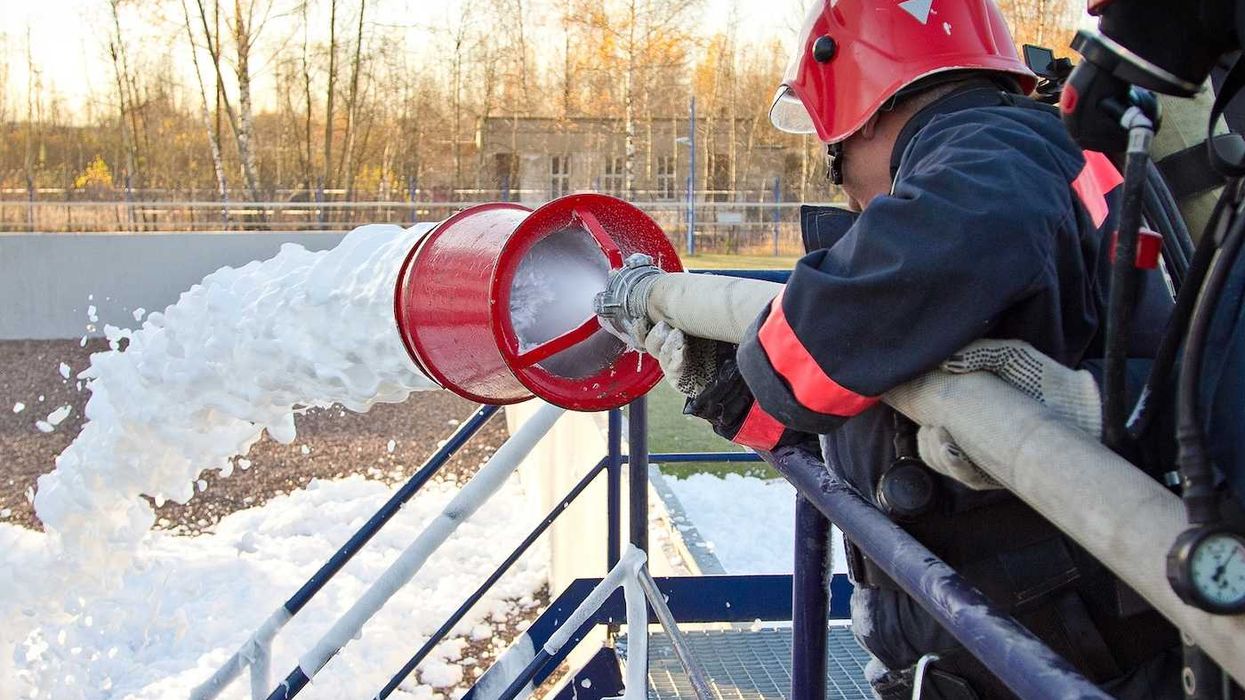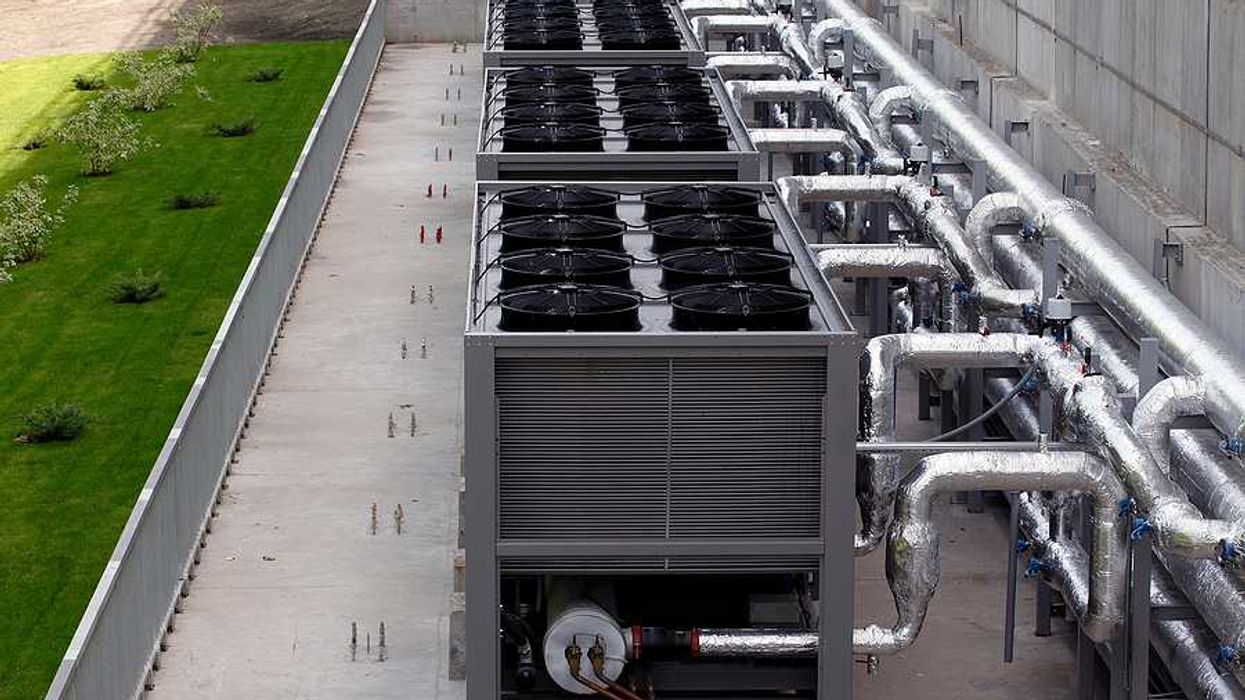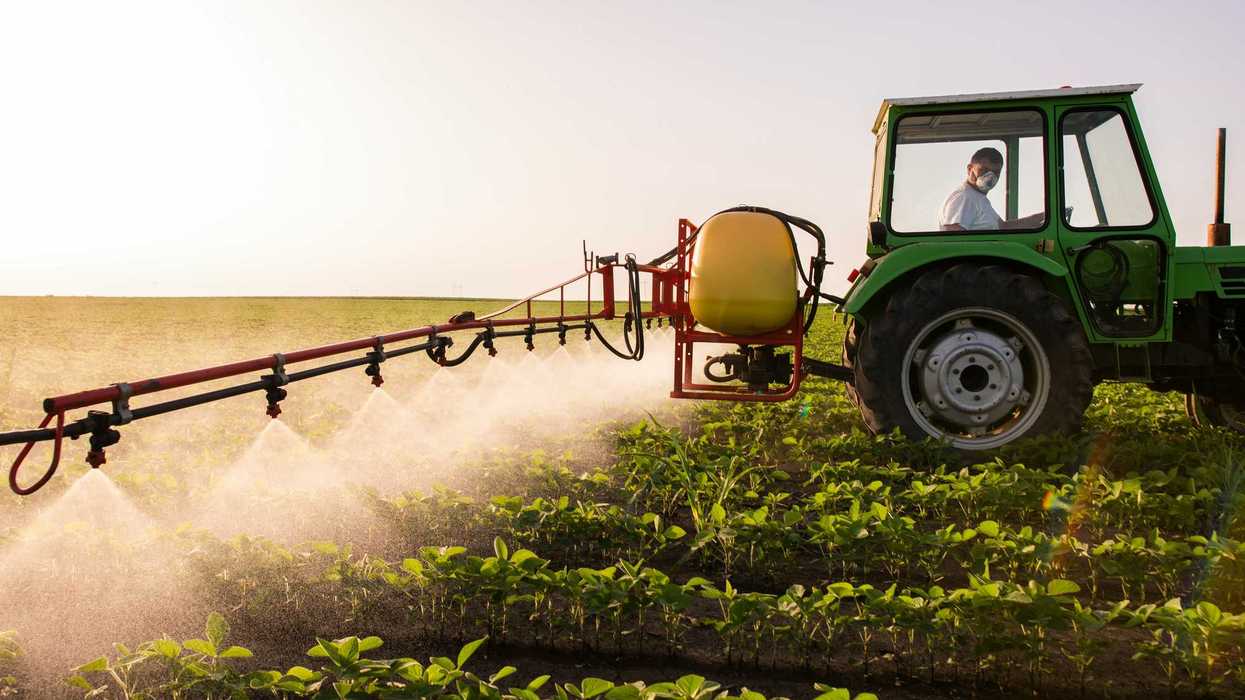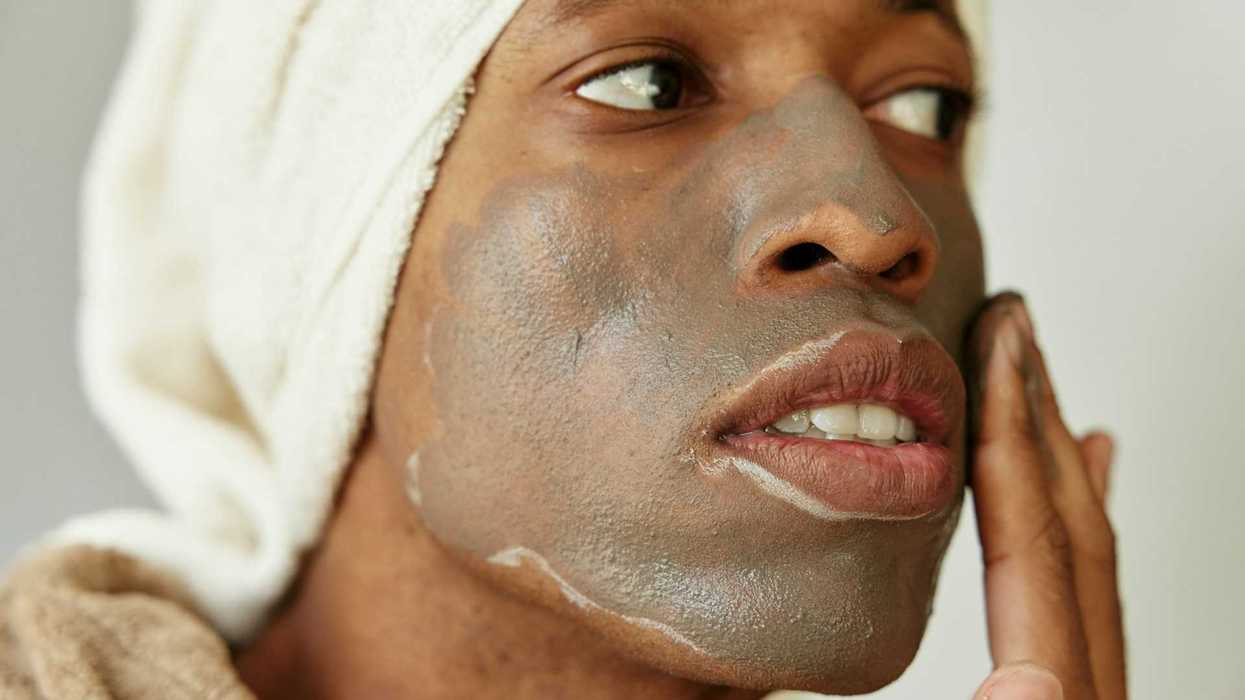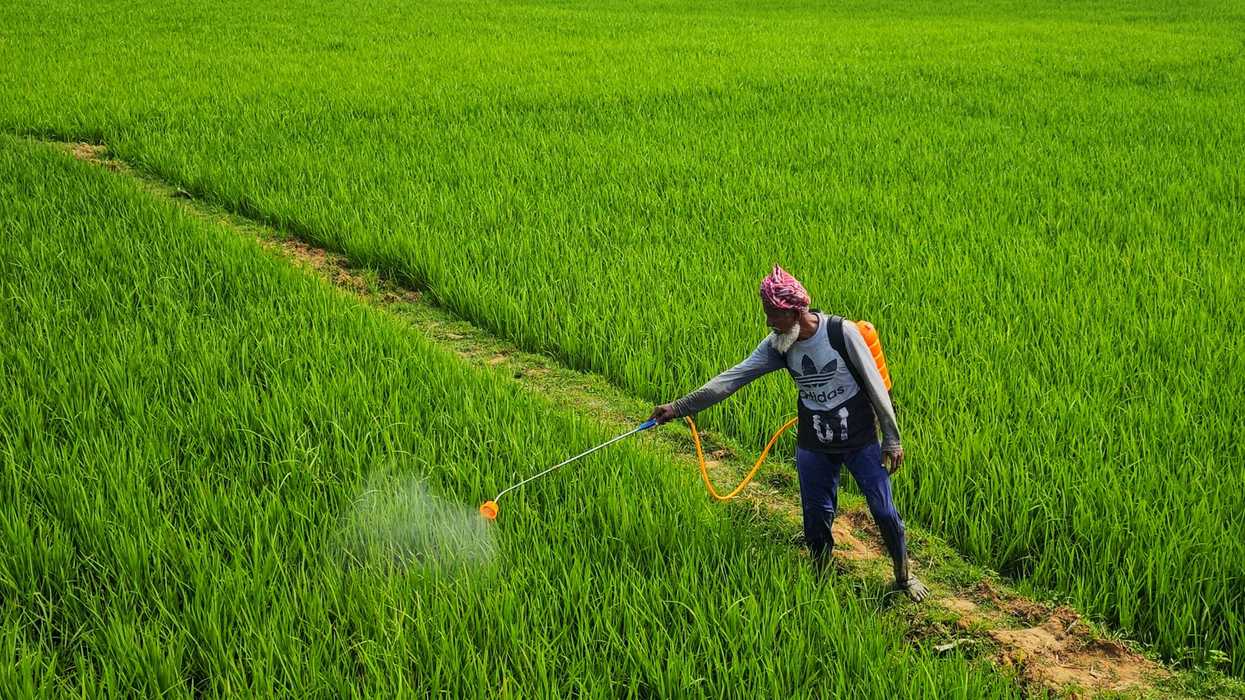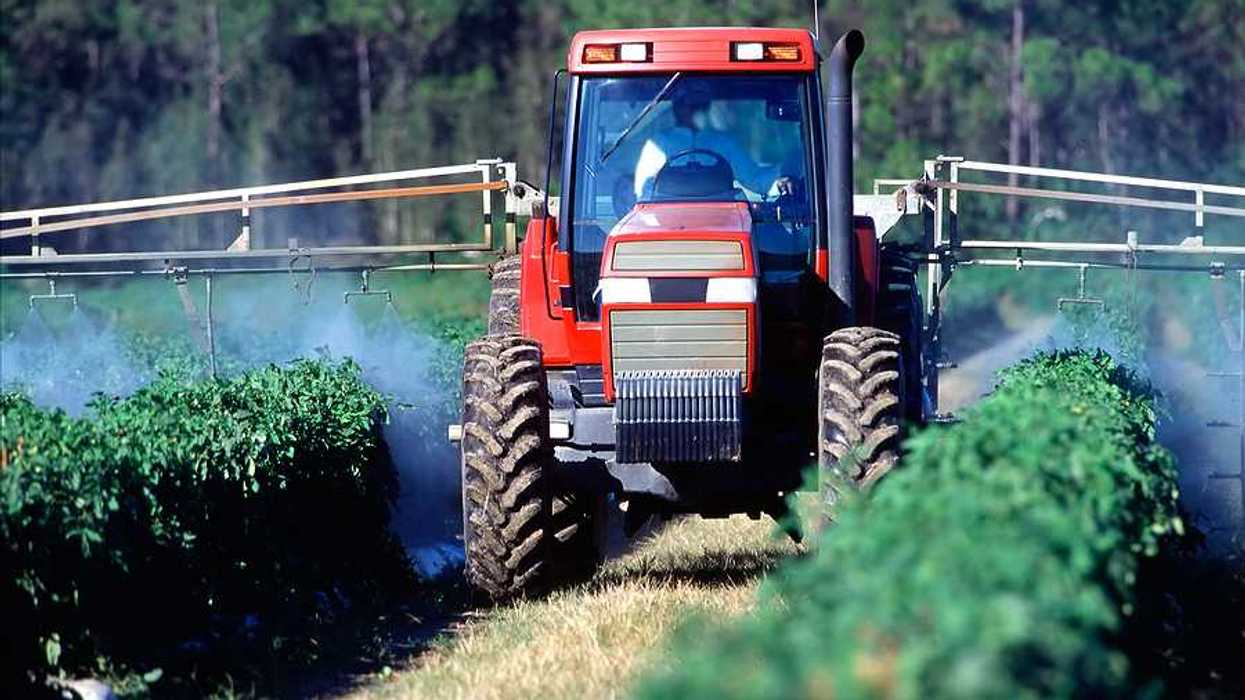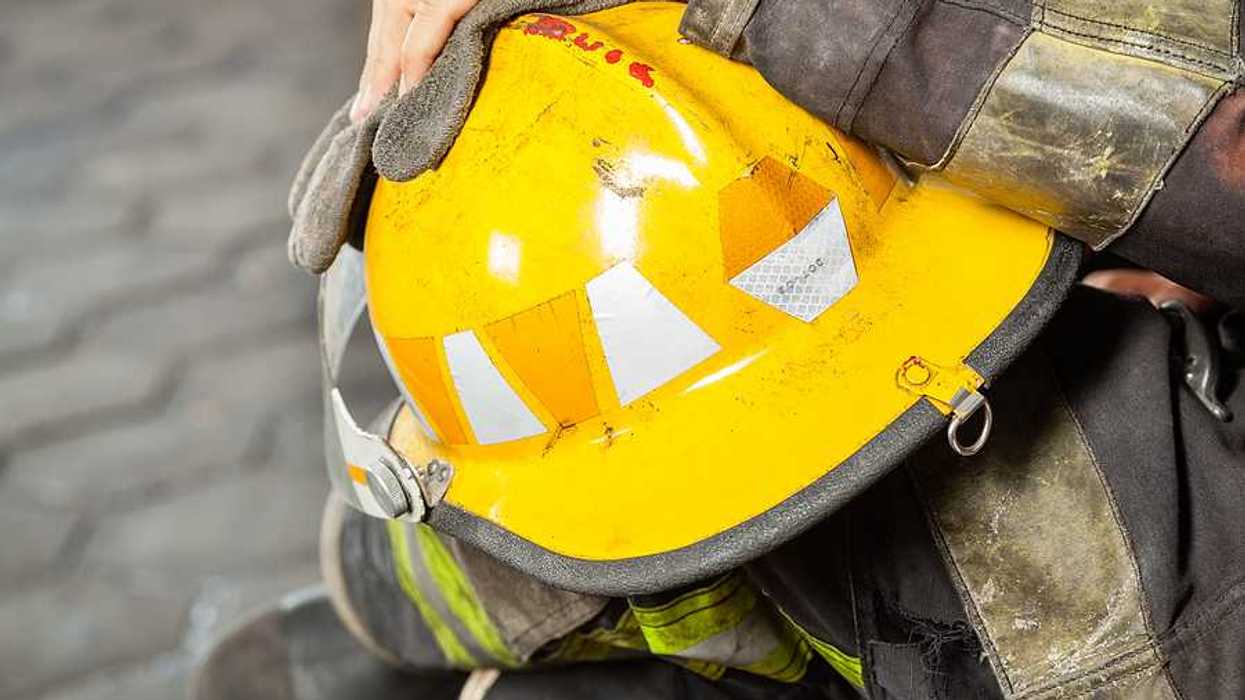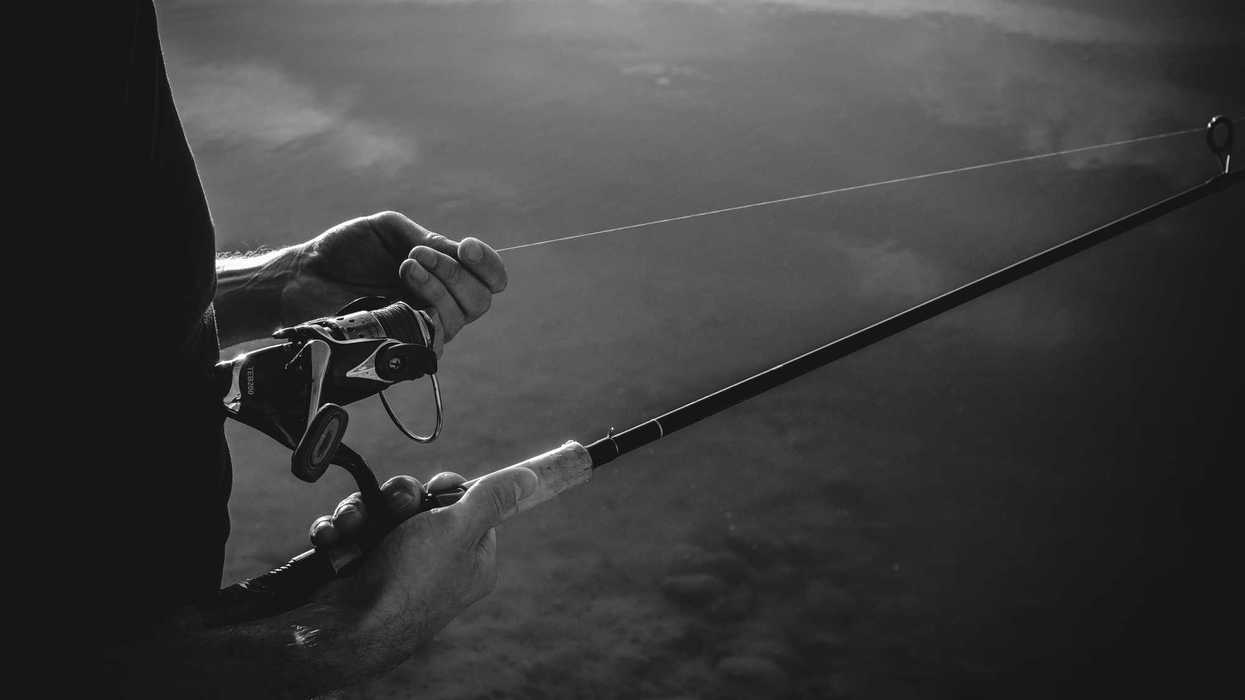Microplastics, found in air, water and food, are raising concerns about their potential health impacts as research into their presence in human tissues increases.
Mike Stobbe reports for Associated Press.
In short:
- Microplastics, breaking down from petroleum products, have been detected in many human tissues, sparking concern about their potential role in diseases. University of California at San Francisco researcher Tracey Woodruff, who reviewed nearly 2,000 studies, noted their possible link to inflammation and health issues.
- Although a 2022 WHO report found no clear health risks, some researchers suggest microplastics could cause inflammation or contribute to diseases.
- Dr. Philip Landrigan emphasizes the need for more research, advocating for reducing exposure by using reusable containers and avoiding microwaving in plastics, though acknowledging barriers for low-income families.
Key quote:
"Even though there’s a lot we still don’t know about microplastic particles and the harm they cause to humans, the information that is available today is in my mind very concerning."
— Dr. Philip Landrigan, Boston College
Why this matters:
Microplastics, ubiquitous in our environment, may pose health risks by causing inflammation or other bodily changes. Understanding and reducing exposure to microplastics is crucial as research continues to unravel their impact.
Be sure to read EHN’s related coverage:



